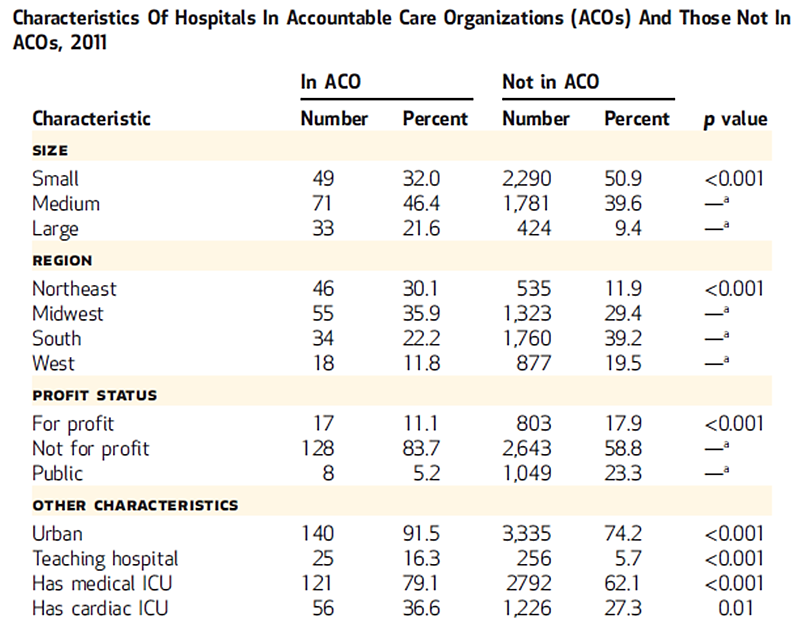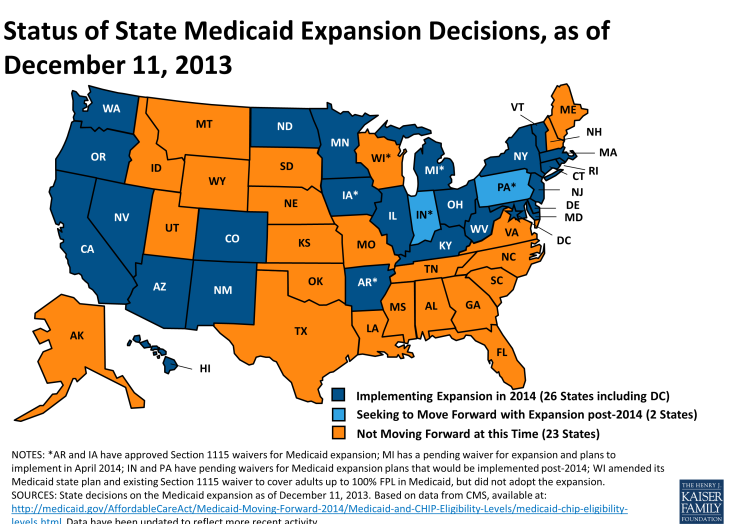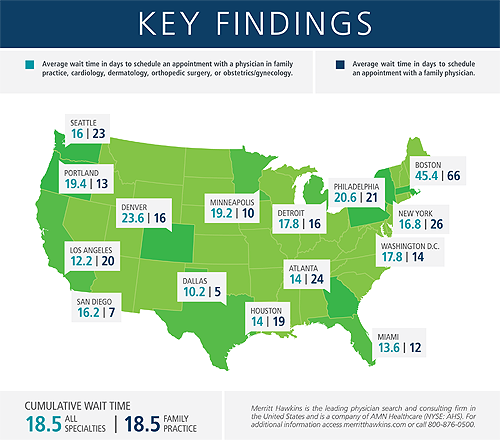
When patients with diabetes come to the doctor’s office, it is important for their clinicians to take a look at their feet. Many, if not most, foot amputations among people with diabetes would be prevented with this simple exam, an exam that will identify problems early enough to prevent them from progressing. But us busy clinicians often forget to do this. David Aizenberg, a physician at the University of Pennsylvania came up with a simple way to increase the proportion of patients who receive this exam: take off their shoes!
“We try to have our medical assistants tell every diabetic patient to take off their shoes before the doctor comes into the room,” he said. “That little thing triggers the reminder that the physician should look at the patient’s feet. Without that system in place, screening often falls by the wayside.”
Such a simple nudge, with so much potential to improve people’s lives.







 Freedom to be insane is an illusory freedom, a cruel hoax perpetrated on those who cannot think clearly by those who will not think clearly.
Freedom to be insane is an illusory freedom, a cruel hoax perpetrated on those who cannot think clearly by those who will not think clearly.
